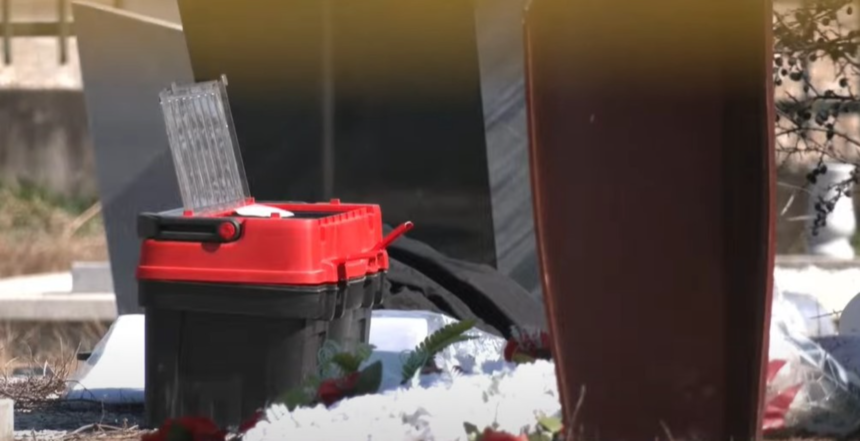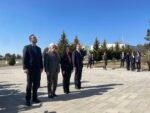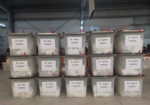In January, during the burial of a fellow villager, residents of the village of Obranq in Podujevë discovered a blanket deep in the ground.
Suspicions and concerns arose that human bones might be wrapped in it, which the citizens immediately reported to the authorities.
This morning, the excavator was sent to the site.
Forensic experts from the IML, officials from the Police Directorate for War Crimes Investigations, the Government Commission for Missing Persons, and local organizations were all waiting for results.
After a few hours of digging, human remains or bones surfaced.
These remains are suspected to belong to individuals who were forcibly disappeared by Serbian forces during the war in Kosovo.
“This morning, excavations began at this location, which have now resulted in the finding and exhumation of human remains, at least one person’s remains. However, the exact number of individuals exhumed and their identities will only be determined after all forensic examinations are completed, including DNA identification,” said Kushtrim Gara from the Government Commission for Missing Persons.
This is not the first time that excavations are being carried out in the village’s cemetery in search of the remains of the disappeared.
“Since the end of the war, this is the fourth time that exhumations have taken place in these graves. So far, 8 bodies have been exhumed, 3 of which have been identified through DNA analysis and handed over to the families. The remaining individuals were identified by their families based on fragments of clothing or other items found on their bodies,” said Latif Mehmeti from the Association for Missing Persons and War Victims “Përkorë”.
To verify the presence of any other remains, further excavations will take place at this site.
“In Podujevë, we have had 85 people who were missing, and currently, there are still 41 missing whose fate is unknown,” Mehmeti emphasized.
Across Kosovo, over 1,600 people remain missing, most of them civilians, as a result of actions by Serbian forces and the state.







